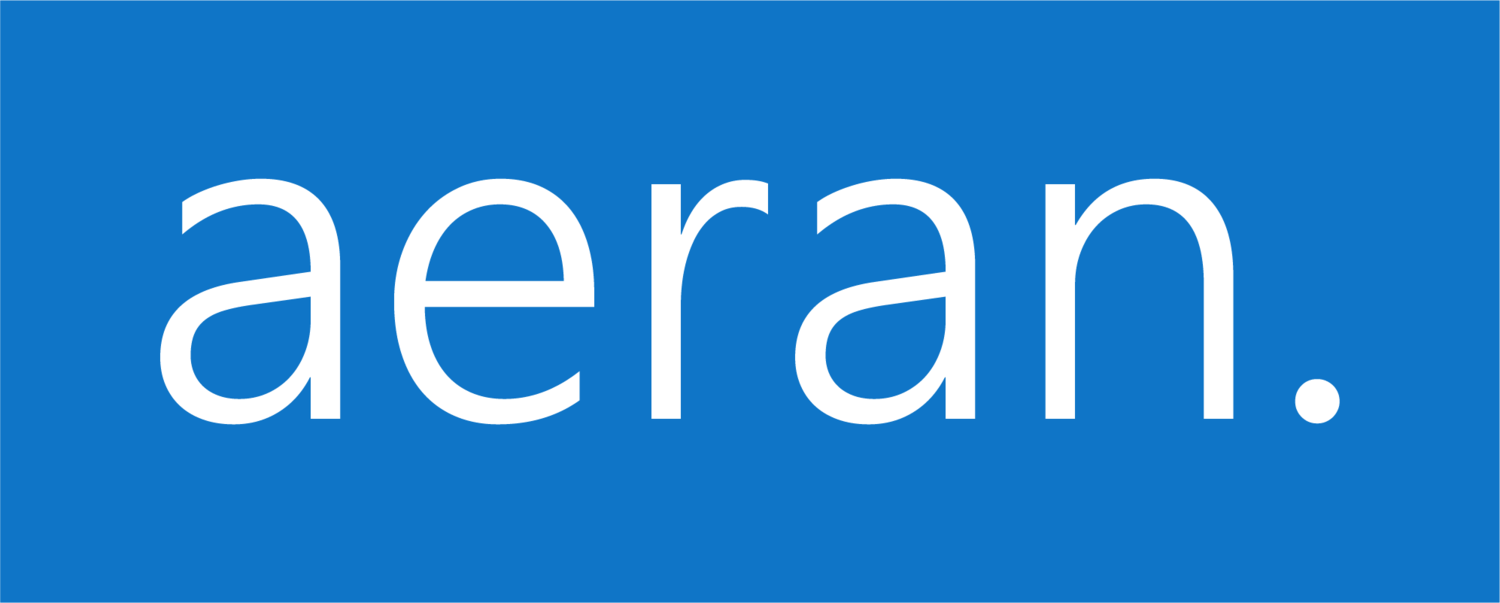In March 2024, the Commonwealth and seven jurisdictions agreed to respond to joint recommendations of the Disability Royal Commission final report by mid-2024.[i]
Personal injury lawyers and those working with injured Australians will be watching closely to see what is said on the issue of substitute financial decision-making.
Substitute financial decision-making refers to the legal process whereby a court or tribunal appoints an individual or entity to make financial decisions on behalf of a person with a disability who is deemed to lack decision-making capacity. In the personal injury context, the appointment may cover the compensation funds only or the whole estate.
The Royal Commission and financial management
The Final Report of the Disability Royal Commission, published on 29 September 2023, in volume 6[ii], considered issues relating to legal and financial capacity, substitute and supported decision-making.
The report included a helpful history of the parens patriae jurisdiction, guardianship and administration laws, and state and territory legal frameworks including courts and tribunals.
It included some welcome (rarely seen) data, including on public and private orders for substitute financial decision-makers.
The report also included descriptions of some people’s experiences of financial administration. Sadly, a recurrent problem mentioned is minimal consultation or communication with the person with disability or their family.
Also highlighted were reports of financial mismanagement and conflicts of interest, involving fees and decisions about financial matters.
The Government taskforce and public consultation
The federal government has established a taskforce[iii] within the Department of Social Services (DSS) to coordinate its response to the recommendations.
In March 2024, the government issued a progress update[iv] , acknowledging the Royal Commission’s role in shining a light on the poor treatment of individuals with disabilities and their exposure of the role government, public and private institutions, and service providers. have played in causing, accepting or overlooking harm and maltreatment.
They noted the DSS had conducted public consultation, including a questionnaire between 28 November and 19 January to better understand stakeholders’ responses and views on the recommendations. Responses to the questionnaire have been analysed and consolidated into a summary report[v].
A notable quote from a questionnaire respondent was:
“Everyone has the right to make decisions that affect their future – some people may just need a little help to do so.[vi]”
Feedback in relation to decision-making included:
· uniform standards for public advocates, guardians and trustees to ‘facilitate the increased trust of the community’
· an initial focus on addressing state and territory legislative frameworks
· making the appointment of guardians and administrators an absolute last resort.
Aeran will continue to engage with these important issues, helping injured people, their families and lawyers to navigate options, while also providing law reform input to the extent possible based on our experience and expertise.
[i] Joint Statement on Australian, State and Territory responses to the Royal Commission into Violence, Abuse, Neglect and Exploitation of People with Disability (Disability Royal Commission) | Department of Social Services, Australian Government (dss.gov.au)
[ii] Final Report - Volume 6, Enabling autonomy and access | Royal Commission into Violence, Abuse, Neglect and Exploitation of People with Disability
[iii] Disability Royal Commission Taskforce | Department of Social Services, Australian Government (dss.gov.au)
[iv] Australian Government Progress Update on the Disability Royal Commission | Department of Social Services, Australian Government (dss.gov.au)
[v] Public Consultation Report | engage.dss.gov.au
[vi] Public consultation report p.10.
